13 results in Continental European Philosophy
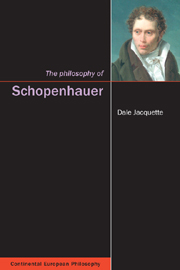
The Philosophy of Schopenhauer
-
- Published by:
- Acumen Publishing
- Published online:
- 05 February 2013
- Print publication:
- 30 April 2005
-
- Book
- Export citation
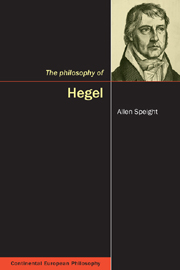
The Philosophy of Hegel
-
- Published by:
- Acumen Publishing
- Published online:
- 05 February 2013
- Print publication:
- 28 February 2008
-
- Book
- Export citation
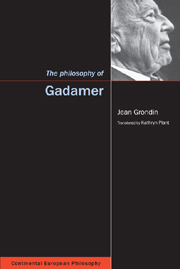
The Philosophy of Gadamer
-
- Published by:
- Acumen Publishing
- Published online:
- 05 February 2013
- Print publication:
- 30 August 2002
-
- Book
- Export citation
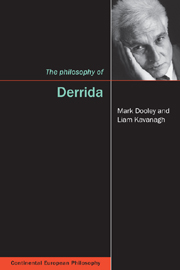
The Philosophy of Derrida
-
- Published by:
- Acumen Publishing
- Published online:
- 05 February 2013
- Print publication:
- 30 November 2006
-
- Book
- Export citation
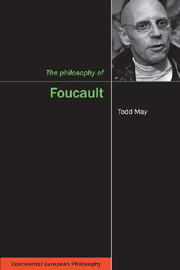
The Philosophy of Foucault
-
- Published by:
- Acumen Publishing
- Published online:
- 05 February 2013
- Print publication:
- 31 May 2006
-
- Book
- Export citation
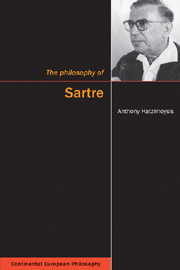
The Philosophy of Sartre
-
- Published by:
- Acumen Publishing
- Published online:
- 05 February 2013
- Print publication:
- 28 July 2011
-
- Book
- Export citation
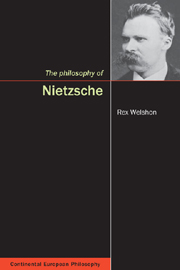
The Philosophy of Nietzsche
-
- Published by:
- Acumen Publishing
- Published online:
- 05 February 2013
- Print publication:
- 30 July 2004
-
- Book
- Export citation
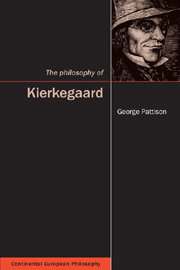
The Philosophy of Kierkegaard
-
- Published by:
- Acumen Publishing
- Published online:
- 05 February 2013
- Print publication:
- 30 August 2005
-
- Book
- Export citation
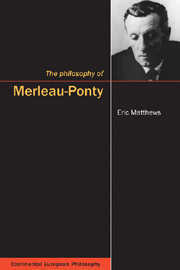
The Philosophy of Merleau-Ponty
-
- Published by:
- Acumen Publishing
- Published online:
- 05 February 2013
- Print publication:
- 28 February 2002
-
- Book
- Export citation
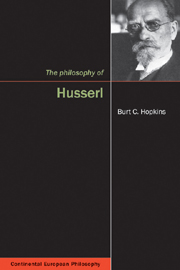
The Philosophy of Husserl
-
- Published by:
- Acumen Publishing
- Published online:
- 05 February 2013
- Print publication:
- 12 November 2010
-
- Book
- Export citation
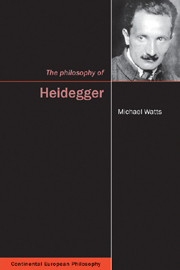
The Philosophy of Heidegger
-
- Published by:
- Acumen Publishing
- Published online:
- 05 February 2013
- Print publication:
- 26 May 2011
-
- Book
- Export citation
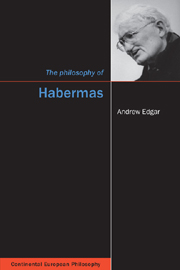
The Philosophy of Habermas
-
- Published by:
- Acumen Publishing
- Published online:
- 05 February 2013
- Print publication:
- 30 June 2005
-
- Book
- Export citation
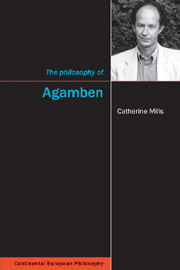
The Philosophy of Agamben
-
- Published by:
- Acumen Publishing
- Published online:
- 05 February 2013
- Print publication:
- 30 October 2008
-
- Book
- Export citation

